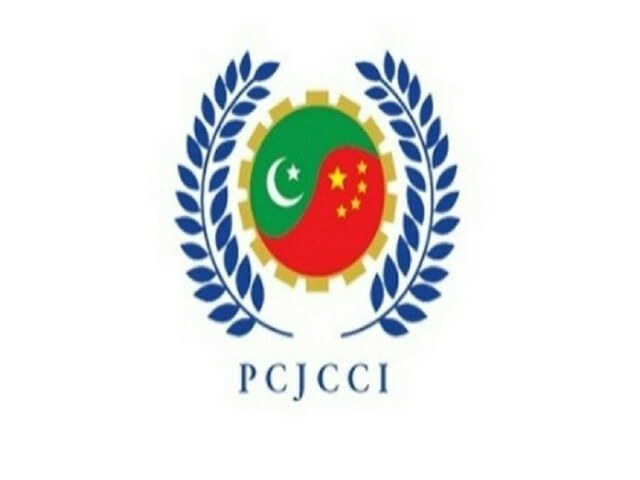LAHORE: In a compelling analysis of the rapidly evolving global financial landscape, Zafar Iqbal, Vice President of the Pakistan China Joint Chamber of Commerce and Industry (PCJCCI) stated that the long-standing dominance of the US dollar in international trade is being fundamentally challenged.
He attributed this shift to the fast-paced development of digital currency infrastructure, led by China’s digital yuan and its cutting-edge Cross-Border Interbank Payment System (CIPS 2.0). According to Iqbal, this innovation signals “a new financial era characterized by speed, transparency, and a multipolar currency order.”
Addressing a strategic roundtable discussion at the PCJCCI Secretariat, he highlighted the landmark execution of CIPS 2.0’s first international transaction — a 120 million yuan payment for auto parts, completed in just 7.2 seconds from Shenzhen to Kuala Lumpur. This real-time transaction bypassed traditional banking lags, which typically take up to three business days via the SWIFT system.
PCJCCI vice president said that this was not just a quick transfer but it was a financial breakthrough. It marked the rise of a new infrastructure that has the potential to redefine how global economies conduct trade, settle payments, and foster growth.
He noted that the expansion of China’s digital financial systems represents a transformative shift, challenging traditional frameworks historically controlled by Western powers. For emerging economies, especially those in the Global South, this shift offers an opportunity to reduce dependence on dollar-dominated systems and engage in trade on more equitable and transparent terms.
Zafar Iqbal said that this isn’t merely about faster payments, it’s a systemic shift in how global settlements function cutting costs, boosting trust, and offering developing economies like Pakistan the chance to stand on equal financial footing with the world’s major players.
He also highlighted three transformative advantages offered by CIPS 2.0 and the digital yuan: Cost Annihilation: Traditional cross-border payments via SWIFT incur high transaction and intermediary fees. With CIPS 2.0, fees are negligible—often less than a dollar—allowing massive savings across global trade. Technological Supremacy: Digital yuan transactions can operate offline and leverage smart contracts to auto-trigger settlements, vastly improving efficiency and eliminating fraud-prone paperwork. Security Innovation: CIPS 2.0 uses blockchain-backed transparency and AI-powered risk monitoring to prevent money laundering in real-time, outpacing legacy systems that rely heavily on delayed manual oversight. He explained how these features not only improve financial reliability but also open up a new era of digital trade—where programmable money, instant settlements, and fraud-proof systems are the standard, not the exception.
He warned that countries like Pakistan must not remain passive observers to this transformation. Instead, they should align with this rising ecosystem to unlock new trade opportunities, improve economic resilience, and modernize their financial architecture. “Digital yuan adoption is expanding exponentially,” he added.
“Pakistan must now act strategically—by integrating with these new rails of commerce, we can future-proof our trade and financial sectors, enhance regional partnerships, and reduce our vulnerability to dollar liquidity shocks.”
Copyright Business Recorder, 2025


